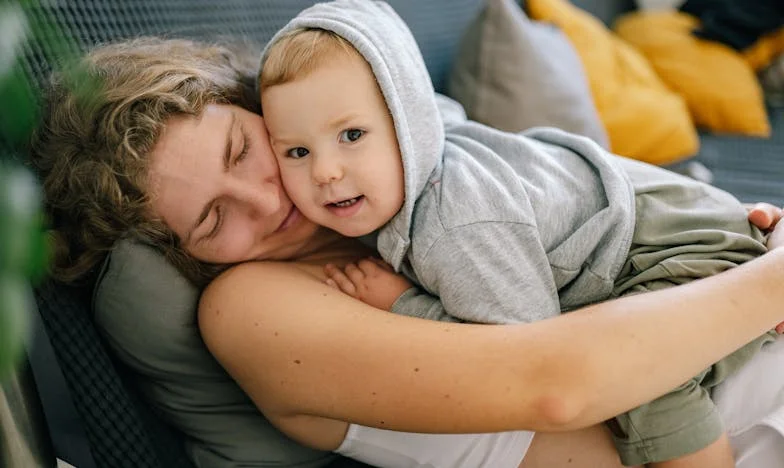Left Alone: A Mother’s Tale of Abandonment by Her Own Children
Emily had always been the pillar of strength in her family. After her husband passed away in a tragic accident, leaving her with a young daughter, Sophia, and an infant son, Hunter, she took on the role of both parents. She worked tirelessly, often juggling multiple jobs, to ensure that Sophia and Hunter had everything they needed to succeed in life. Her own needs and desires were always an afterthought; her children’s happiness and well-being were her top priorities.
As the years passed, Sophia and Hunter grew into successful, independent adults. Sophia became a renowned lawyer in New York, while Hunter pursued his passion for environmental science and worked for a non-profit organization in California. Emily was proud of them, and she felt a sense of accomplishment in seeing them thrive. However, as she aged, the physical demands of her jobs and the loneliness of an empty nest began to take their toll.
When Emily was diagnosed with a chronic illness that required regular care and assistance, she reluctantly realized that she could no longer live on her own. She reached out to Sophia and Hunter, hoping that one of them would open their home to her, just as she had always provided for them. What followed, however, was a painful and protracted argument between Sophia and Hunter about who should take responsibility for their mother.
Sophia argued that her demanding job and small city apartment made it impossible for her to care for Emily. Hunter claimed that his modest income and the distance from Emily’s doctors in their hometown made it impractical for him to take her in. The discussions turned into arguments, and the arguments into bitter disputes. Weeks turned into months, and still, no solution was found. Emily, feeling like a burden and not wanting to cause further strife, decided to stay in her own home, despite the challenges her health posed.
The realization that her children, whom she had devoted her life to, were unwilling to make sacrifices for her was a painful pill to swallow. Emily had always believed that family meant unconditional support and love, but the reality of her situation painted a different picture. She hired a part-time caregiver with her meager savings, determined to maintain her independence for as long as possible.
As time went on, Emily’s health deteriorated, and her interactions with Sophia and Hunter became more infrequent. They occasionally sent financial support, but the emotional bond that once held them together seemed irreparably damaged. Emily spent her days in the company of her caregiver, reflecting on the irony of her situation. She had raised her children to be strong, independent individuals, but in doing so, had she inadvertently taught them to prioritize their own needs above all else?
In the end, Emily was left to confront the twilight years of her life alone, a stark reminder of the unpredictable nature of familial obligations and the sometimes painful consequences of independence.
